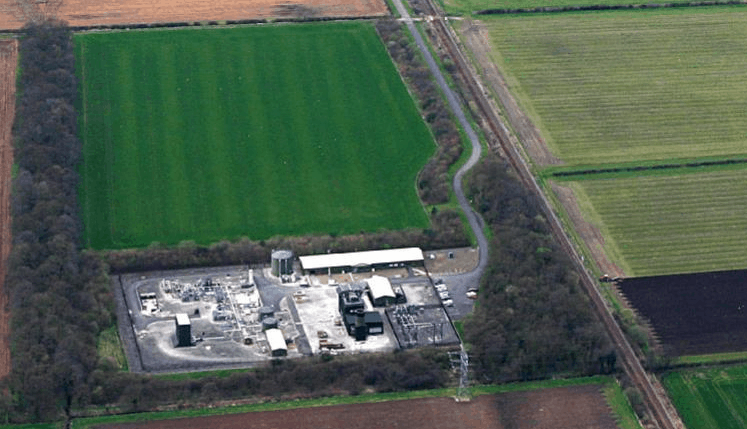
The planning committee’s decision is the first authorisation for fracking – or hydraulic fracturing - in England since a ban on the technique was lifted in 2012.
Fracking is the process of creating fractures in rock formations to release the natural gas trapped inside. Fracturing fluid is released at high pressure into the rock formation to create millimetre-sized cracks. These cracks are held open by sand grains contained within the fluid, allowing the gas to flow into the wellbore and be collected at the surface.
In its deliberation, the planning committee said it is satisfied ‘that in this particular application, mitigation of the effects of the development with regard to safeguarding the natural environment, protected species and habitats, the amenity of local residents, the protection of ground and surface water quality and traffic management can be achieved through the discharge of the planning conditions.’’
According to Rasik Valand, chief executive of Third Energy, the application was made to establish if gas samples from the site - which has existing conventional gas drilling on it - could be made to flow; the process conditions required; and the length of time it would flow for.
“If this flows then we will need to assess how it performs for some months before making any conclusions,” said Valand. “So now we move on to the next stage of obtaining required approvals.”
The County Council acknowledged objections to the application based on the potential for adverse impacts of fracking on the environment, but added that it is required to work within the national policy framework ‘that indigenous oil and gas remain key to energy security while facilitating the reduction of greenhouse gas emissions.’
"This has been a very difficult decision for the Council to make and we know it is a difficult decision for the people of this county" said Richard Flinton, North Yorkshire's chief executive. "We are proud of our beautiful county which attracts so many visitors and maintains a thriving tourism industry. We have no intention of jeopardising those qualities and our rural industries and livelihoods. For that reason the planning conditions must be fully discharged and monitored. In this case there has already been drilling for gas on this site over many years. The decision taken today does not have a bearing on future decisions. Each application of this nature will be decided upon based on its own merits.”




Nanogenerator consumes CO2 to generate electricity
Whoopee, they've solved how to keep a light on but not a lot else.